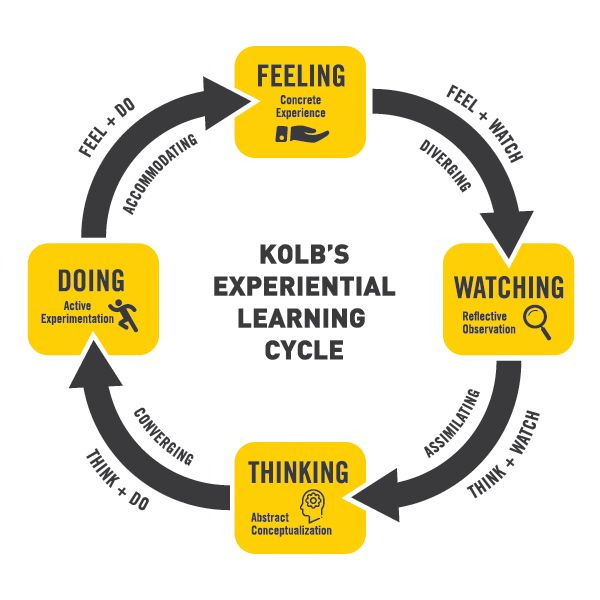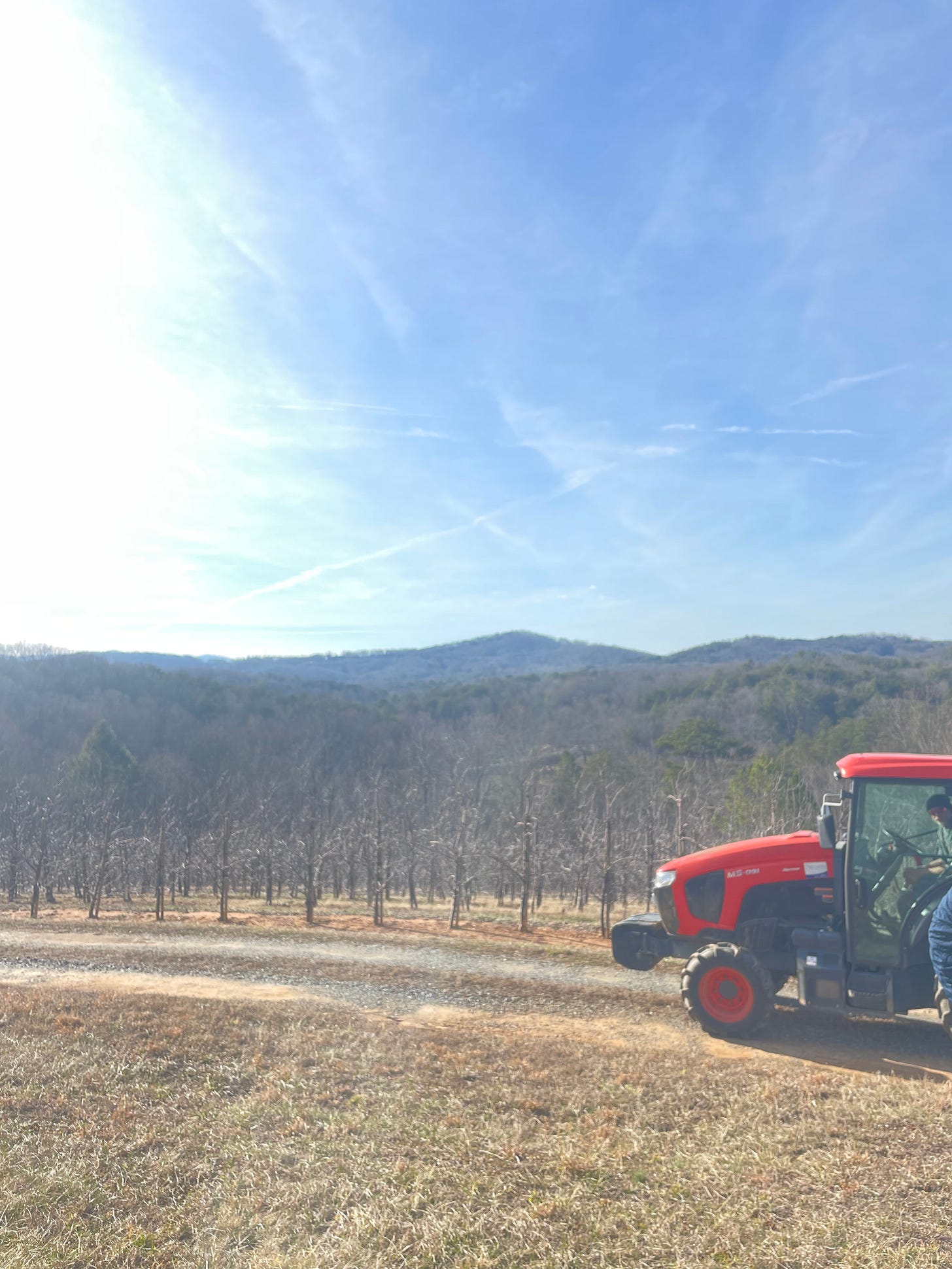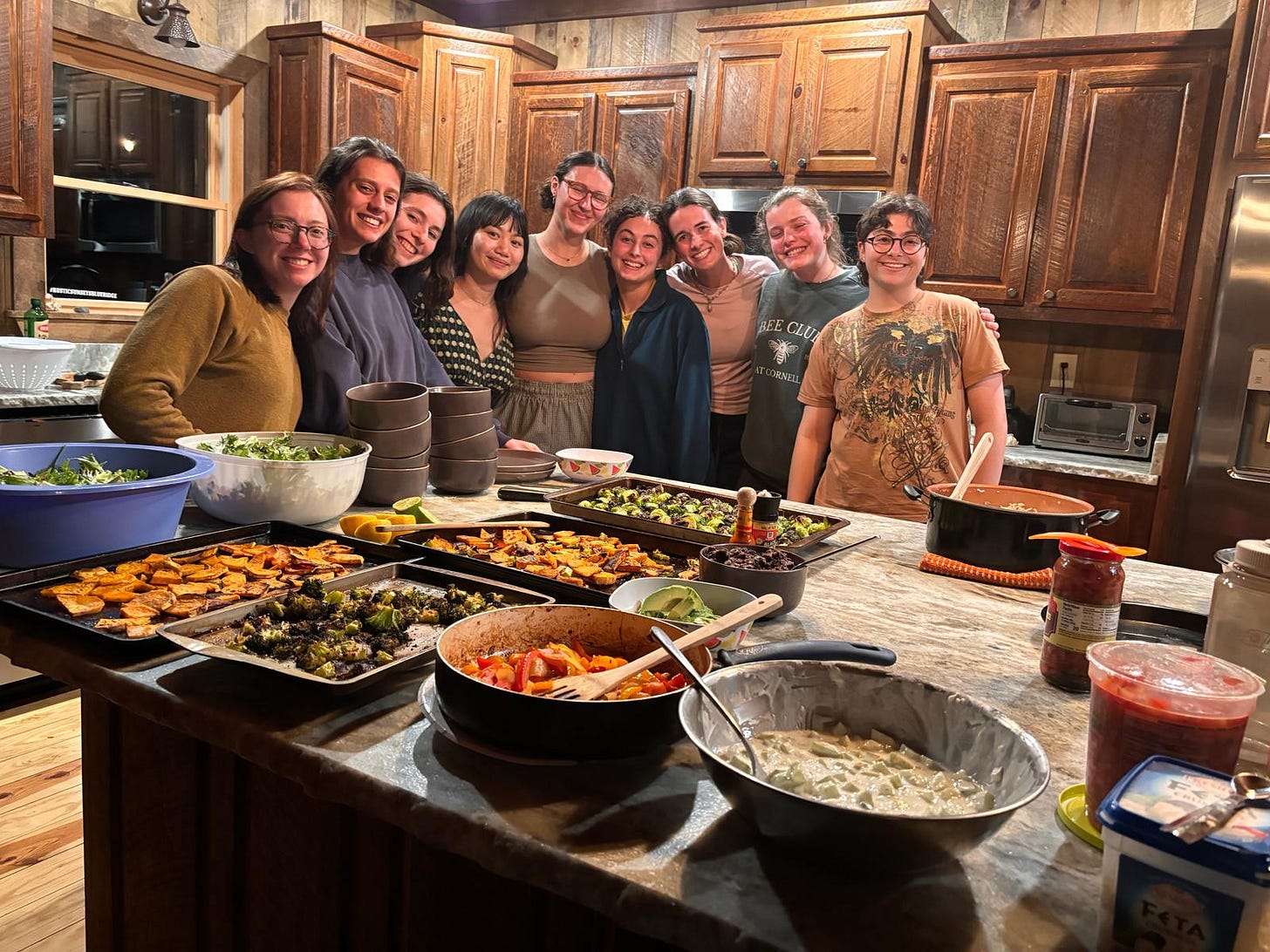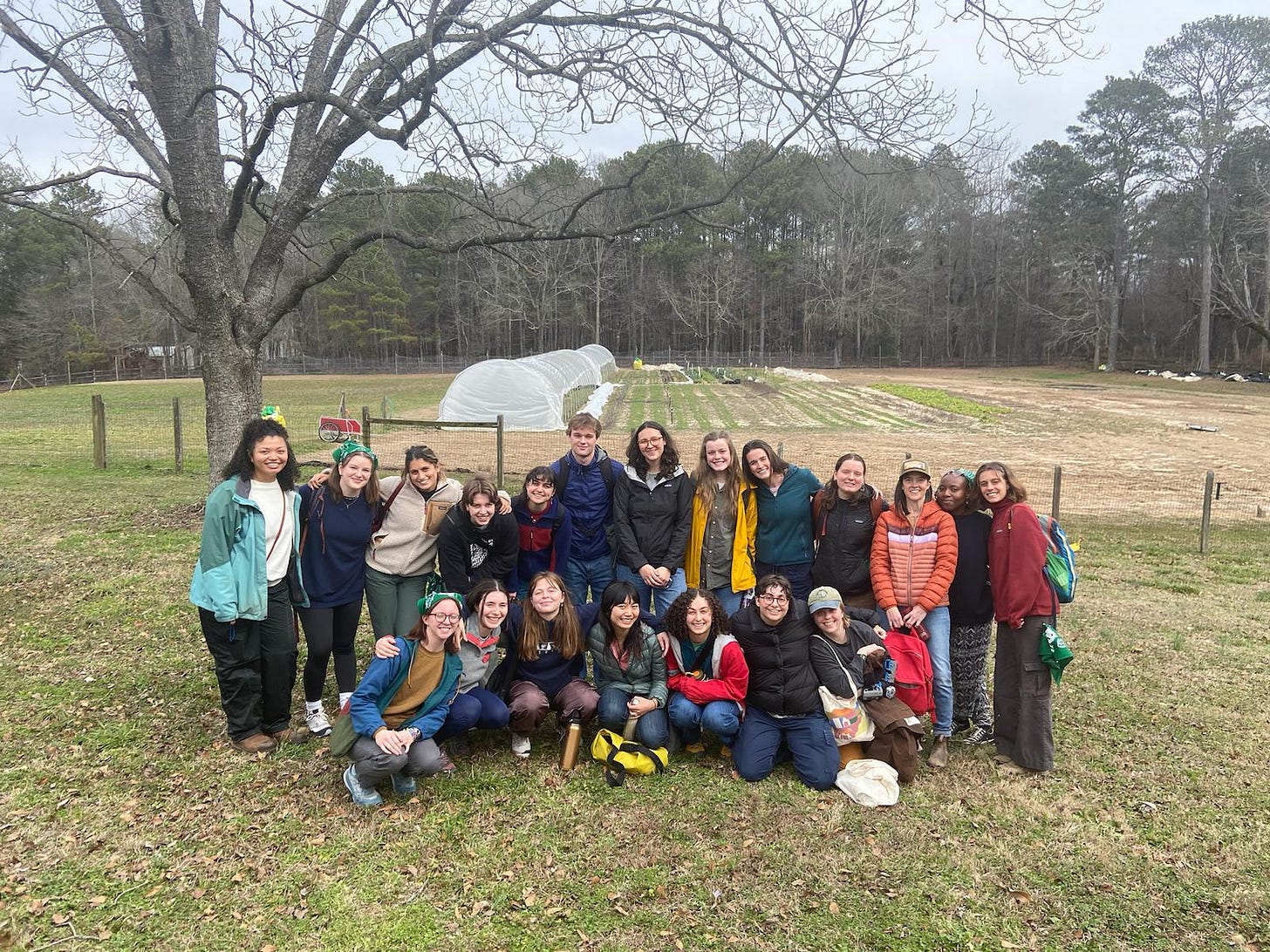Greetings from Atlanta, Georgia!
I am currently sitting at the Atlanta airport ready for our first flight to Miami. Tonight, we will arrive in Quito, Ecuador at around midnight Eastern time.
First, I wanted to explain that I am currently participating in a program through the School for International Training (SIT), who is a partner with Hope College. All of my SIT courses easily transfer back to Hope College because of this partnership and all of my financial aid from Hope was applied towards my semester with SIT. Being a student at SIT has been wonderful so far. SIT’s mission is “to educate future scholars and professionals in diverse settings to address the most critical global issues in pursuit of a more sustainable, peaceful, and just world.” SIT’s core values are community, intercultural understanding, social inclusion & justice, and sustainability. These values all inform the work they do and as an institution they are strong believers in Kolb’s experiential learning cycle.
From day one, our program director made it clear that our initial ten days in the United States is a key part of our semester. Our time in Georgia is the first of four contexts that we will study in and learn about. Our program director emphasized the importance of first examining our own local food systems before entering international contexts and unfairly judging other contexts. We must first examine the problems and history of our own U.S. Food System. We are intentionally in the U.S. South because of the history of plantation agriculture and the injustice that still undergirds agricultural systems today. We began our time together in Atlanta, Georgia and our first meeting was a site visit to Metro Atlanta Urban Farm in College Park. For the first three nights of the program we stayed at a hotel in Decatur and had class at Decatur Community Recreation Center. In addition to typical orientation sessions including SIT policies and rules, we had an Anti-Oppression workshop lead by a local community leader on power, privilege, and identity. We did a group activity where we had to correctly order events in the timeline of the U.S. South from early plantations to the modern day Black Lives Matter movement, which gave us the necessary context to understand Georgia’s past, present, and future. Another highlight from the first few days was when a group of us decided to walk to Emory’s nearby campus and play a quick game of soccer together. We laughed a whole lot and it was so much fun to see everyone’s competitive side and get some healthy movement in too.
We spent one afternoon visiting Your Dekalb Farmer’s Market, which showcases produce and food from all over the world. Every single item in the large warehouse market listed its country of origin, which was cool to see. I did buy a delicious coconut cream pie from the bakery and enjoyed it so much!
After our first few days in Atlanta, we loaded all our bags back into the two 12-passenger vans and headed to Blue Ridge, Georgia. We stopped at Mercier Orchards on the way, with a tractor tour of their large scale four-generation family apple orchard and shop. Seeing the large-scale operation, we noticed how so much of their process has been mechanized. They shared that their number of employees has decreased, especially after the pandemic, and they continue to invest in the newest equipment that allows them to efficiently produce products from their apples.
After picking up some apple ciders at the Mercier Orchards shop, we then divided into our two AirBnB groups and shopped for groceries for each cabin at the local Walmart. The first weekend was dedicated to community building and cooking together in our two cabins. We also did a chill Sunday afternoon hike at a nearby trail. It was nice to connect with the other students, cook meals together, and have unstructured time to just hang out together. There are 18 students on my program, from colleges and universities all over the U.S. Most students are from the East or West coasts, so it was interesting for most people to be in Georgia and the U.S. South for the first time ever. Only four of us has ever been to Georgia before.
On Monday morning we loaded up the vans again and headed further South to Athens, Georgia. It was a good feeling to be in a college town and on a walkeable college campus at University of Georgia (UGA). Athens and UGA are extremely larger than Holland and Hope, but it felt familiar still. Our first lecture was from a UGA geography professor that does work replanting heritage crops on Sapelo Island, a barrier island off of Georgia. We learned about Gullah Geechee people and specifically the Salt Water Geechee people on Sapelo. Here is a New York Times article that gives a good overview of what we talked about. It has been so long since most of us had sat in a college classroom and felt like students, so we enjoyed the first of many academic lectures from local professors. We definitely still felt like outsiders on the UGA campus and didn’t quite match the Southern student vibes, but we still enjoyed being back in a college town.
At UGA we also visited the Peanut Innovation Lab through the Feed the Future Project. We talked with the director of the program about his work in Malawi, where we will eventually be. It was cool to learn about legume agriculture, which is something I’m not familiar with at all.
Our final lecture at UGA was by far my favorite. We had a lecture and discussion with Dr. Scott Reynolds Nelson, the author of Oceans of Grain. It was facinating to hear about the historical grain paths that have shaped the past and present throughout the world. Dr. Nelson has become a well-known historian after his analysis of Ukraine and Russia in this book was published one month prior to the Russian invasion of Ukraine. Everything is connected to grain paths and the importance of port cities! History is so facinating and he was so knowlegdeable about the intricacies of grain in shaping global politics. He joked that he has been thrown to the forefront of current geopolitics, but he is a historian by training. Regardless, he is so smart and I look forward to reading his book in the future.
We also visited three different farms nearby Athens. First, we visited the UGArden, the UGA student-run garden close to campus. We also visited Global Growers, a nonprofit that supports new Americans to have access to farming. They have plots available for yearly lease and are a certified organic farm so their farmers can sell their produce for top-dollar and use environmentally-friendly practices too. Yesterday, we spent the morning at Love is Love co-operative farm and helped them complete various projects. One group harvested veggies for their weekly CSA box. A couple students helped seed some plants. The rest of us helped spread gravel in a greenhouse. It was fun to have our first work-day as a group and do some manual labor. It was hard work but we are grateful for the chance to practice reciprocity by giving our time and effort to pour into local organizations wherever we go.
Another important session before we left was focused on Travel and Privilege and unpacking what it means to travel to learn, which is inaccesible for most people in the world. It was helpful to have this conversation and begin to conceptualize how we can try to not perpetrate colonial ways of being during our travels. We all could give examples of what it felt like when non-locals visited our local communities, so we want to be aware of ourselves as we enter into new cultures and communities as U.S. citizens.
That is all for now! Our flight to Miami boards in 30 minutes. Ecuador, here we come!
-Anna Whittle














Anna, I can tell that I'll love following your journey this semester. This was a great read! I'm grateful for this fantastic opportunity in your life.
Wow - so many incredible experiences and learning opportunities in just 10 days! I’m excited to learn vicariously through you so keep the posts coming. Xoxo